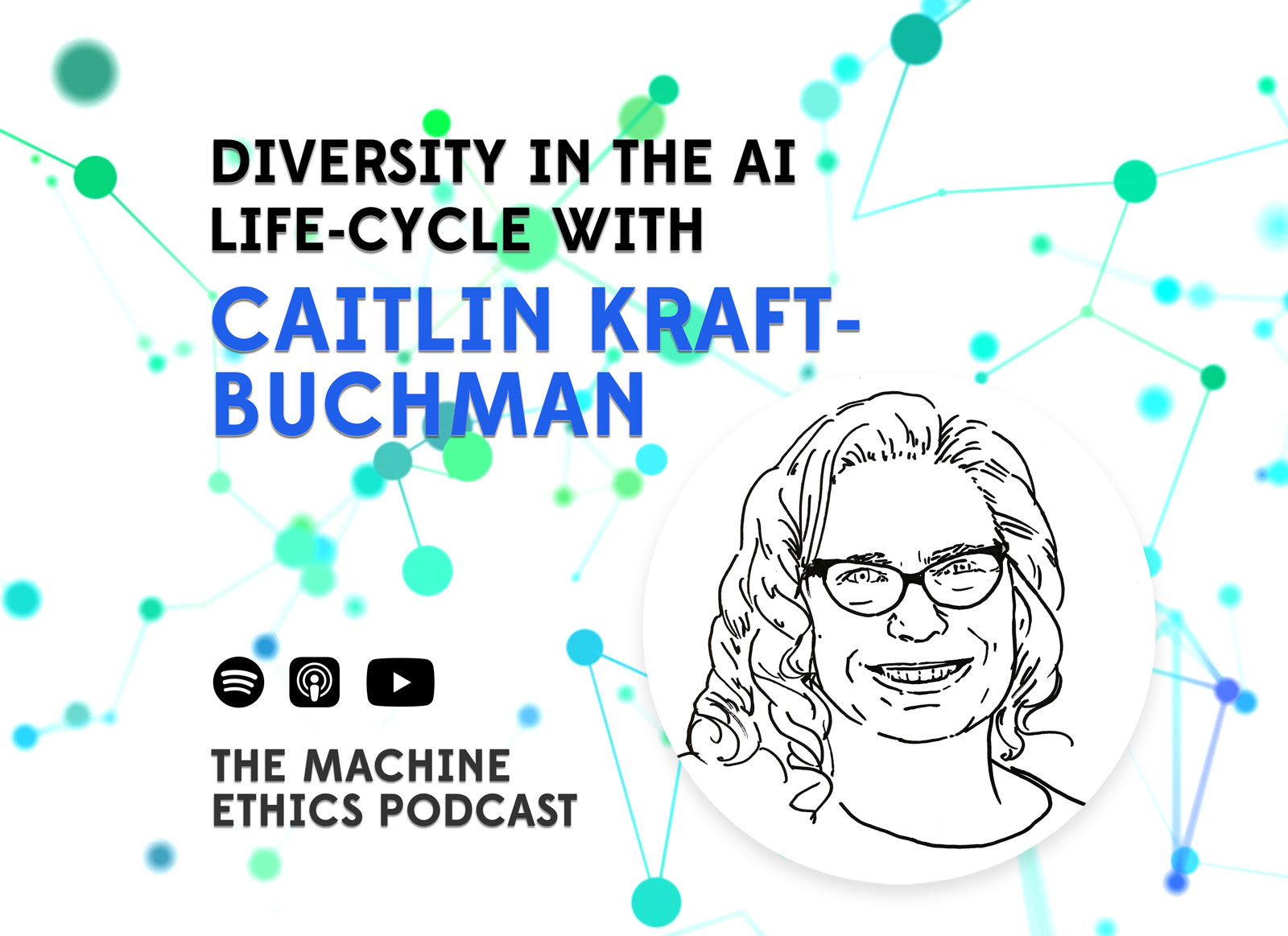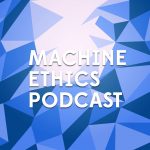
ΑΙhub.org
The Machine Ethics podcast: Diversity in the AI life-cycle with Caitlin Kraft-Buchman

Hosted by Ben Byford, The Machine Ethics Podcast brings together interviews with academics, authors, business leaders, designers and engineers on the subject of autonomous algorithms, artificial intelligence, machine learning, and technology’s impact on society.
Diversity in the AI life-cycle with Caitlin Kraft-Buchman
In this episode we’re chatting to Caitlin about gender and AI, that technology isn’t neutral, using technology for good, diversity creation and exploitation, lived experience expertise, co-creating technologies and AI life cycle, importance of success metrics, international treaties on AI, and more…
Listen to the episode here:
Caitlin Kraft-Buchman is CEO/Founder Women at the Table – a gender equality & systems change CSO based in Switzerland and Co-Founder/Leader
Caitlin leads the
Women at the Table are a leader of the f
Caitlin is co-founder of the International Gender Champions (IGC) – with hubs in Geneva, New York, Vienna, Nairobi, The Hague & Paris bringing together female & male heads of organizations, including the UN Secretary-General, to break down gender barriers; she serves on the IGC Global Board, and co-leads the new IGC Impact Group on Digital and New Emerging Technologies with Doreen Bogdan Secretary-General of the International Telecommunication Union. Caitlin is a one of the Network of Experts for UN Secretary General’s AI Advisory Body; a member of UNESCO’s WomenForEthicalAI working group; member of the Gender Advisory Group for the AI Action Summit to be held by the government of France, February 2025 and Co-Chair of the UN Commission on Science & Technology for Development (CSTD)’s Gender Advisory Board.
About The Machine Ethics podcast
This podcast was created and is run by Ben Byford and collaborators. The podcast, and other content was first created to extend Ben’s growing interest in both the AI domain and in the associated ethics. Over the last few years the podcast has grown into a place of discussion and dissemination of important ideas, not only in AI but in tech ethics generally. As the interviews unfold on they often veer into current affairs, the future of work, environmental issues, and more. Though the core is still AI and AI Ethics, we release content that is broader and therefore hopefully more useful to the general public and practitioners.
The hope for the podcast is for it to promote debate concerning technology and society, and to foster the production of technology (and in particular, decision making algorithms) that promote human ideals.
Join in the conversation by getting in touch via email here or following us on Twitter and Instagram.









